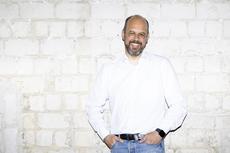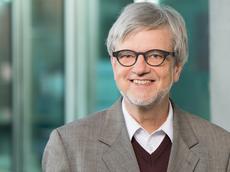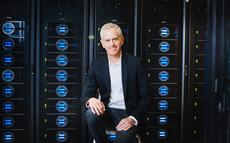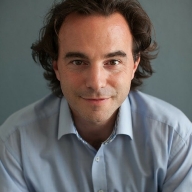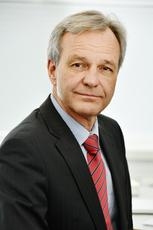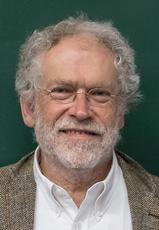URL: https://v1.desy.de/site_www-desy/content/news/lecture_series/jentschke_lectures/archive/Aufgabenuebersichtsplan_V1_201900816_eng.html/@@siteview
Breadcrumb Navigation
Jentschke Lectures
DESY Lecture Series in Memory of Professor Dr. Willibald Jentschke
|
Lecture 2022 |
|
|
In 1952, Erwin Schrödinger wrote in The British Journal for the Philosophy of Science: |
This year’s Nobel Prize was awarded for pioneering research in this field; several public and private research organisations worldwide are increasing their investment to improve existing applications and explore new ones. The talk will focus on the recently started European Flagship initiative on quantum technologies, outline its structure as well as its current and upcoming phases. |
|
Lecture 2021 |
|
|
In an era of post-truth claims and fake news scientific input to public discourse and collective decision-making seems to be more required than ever. However, the nature of what science can and should offer to the decision makers has been under severe scrutiny by science philosophers and sociologists of knowledge. Is scientific knowledge neutral and impartial to the various interests that like to use scientific insights for legitimizing their positions? |
How universal is scientific knowledge and how much is it dependent on context and situational conditions and constraints? These questions are particularly pertinent for complex challenges such as climate change and loss of biodiversity. The lecture will provide an analysis of how science, policymaking and society deal with these issues in the presence of fake news and post-truth claims. |
|
Lecture 2019 |
|
|
Climate change has become a very hot topic, both literally and figuratively, for our generation and for many generations to come. Climate scientists are increasingly confident of its causes, and we are increasingly concerned regarding the dire implications of `business as usual' for the future of society and our natural surroundings. |
Fortunately the scientific community is also confident that a united global community can solve this problem using existing technologies and, in so doing, improve the quality, equity, and environmental harmony of people's lives worldwide. Possible paths forward could help attain many of the UN's Sustainability Goals. |
|
Lecture 2018 |
|
|
The quantum optical control of solid-state mechanical devices, quantum optomechanics, has emerged as a new frontier of light-matter interactions. Devices currently being studied cover a mass range of more than 17 orders of magnitude - from nanomechanical waveguides of some picograms to macroscopic, kilogram-weight mirrors of gravitational wave detectors. |
The fast progress in controlling ever increasing masses in the quantum regime creates new and unexpected opportunities to address one of the outstanding questions at the interface between quantum physics and gravity, namely “how does a quantum system gravitate?”. |
|
Lecture 2017 |
|
|
For thousands of years we have been looking at the universe with our eyes. But most of the universe is dark and will never be observable with electromagnetic waves. Since September 14th, 2015, everything is different: Gravitational waves were discovered! |
We have obtained a new sense and finally we can listen to the dark side of the universe. The first sounds that we heard were from unexpectedly heavy Black Holes. And nobody knows what other dark secrets are waiting for us out there. |
|
Lecture 2016 |
|
|
Quantum physics provides interesting conceptual puzzles. The basic fundamental ideas in the puzzles include quantum superposition (like in Schrödinger‘s cat), quantum entanglement (called by Einstein spooky action at a distance) and quantum randomness (viz. Einstein‘s comment that God does not play dice). To date, the same fundamental concepts just mentioned led to novel information science concepts and thus |
became the basis for the emerging quantum information technology which includes such concepts as quantum teleportation, and quantum computation. The future quantum internet will combine these ideas. It will consist of quantum computers connected by quantum links carrying photons. From a fundamental point of view, fundamental experiments have sharpened our basic questions about the nature of quantum systems. |
|
Lecture 2015 |
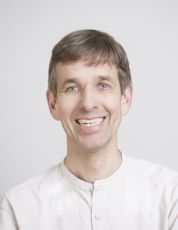
Dr. Axel Lindner |
|
Lecture 2014 |
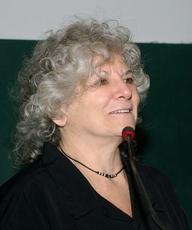
Prof. Dr. Ada Yonath |
|
Lecture 2013 |
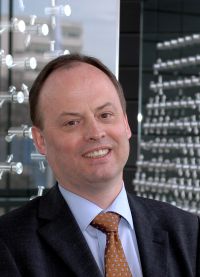
Prof. Dr. Karlheinz Meier |
|
Lecture 2012 |
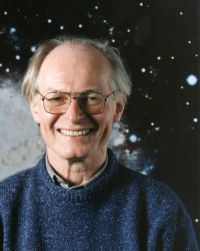
Prof. Dr. Alan Watson |
|
Lecture 2011 |
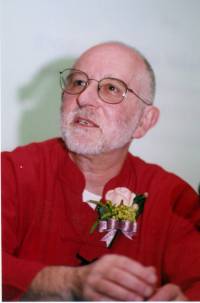
Prof. Dr. Sir Michael Berry |
|
Lecture 2010: |
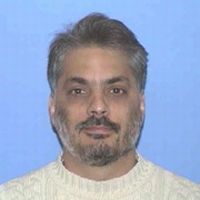
Prof. Dr. Paul Emma |
|
Lecture 2009: |
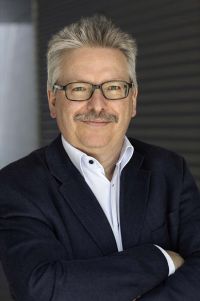
Prof. Dr. Günther Hasinger |
|
Lecture 2008: |
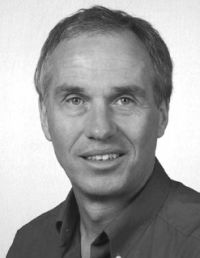
Prof. Dr. Helmut Dosch |
|
Lecture 2007: |
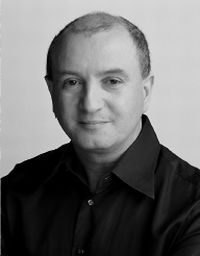
Prof. Daniel Zajfman |
|
Lecture 2006: |
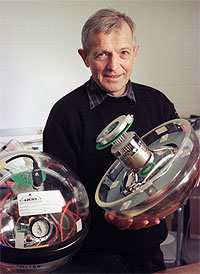
Prof. Francis Halzen |
|
Lecture 2005: |
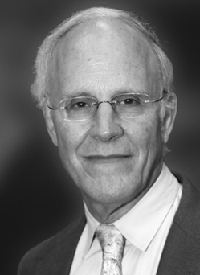
|
|
Lecture 2003: |
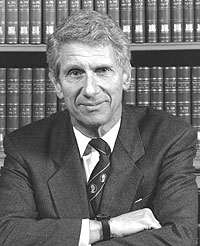
|
|
Lecture 2002: |
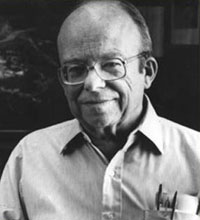
|


